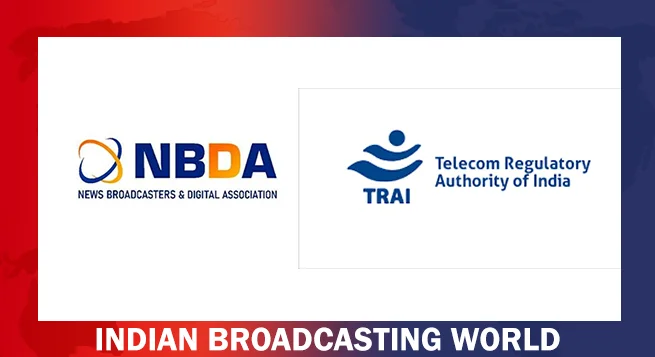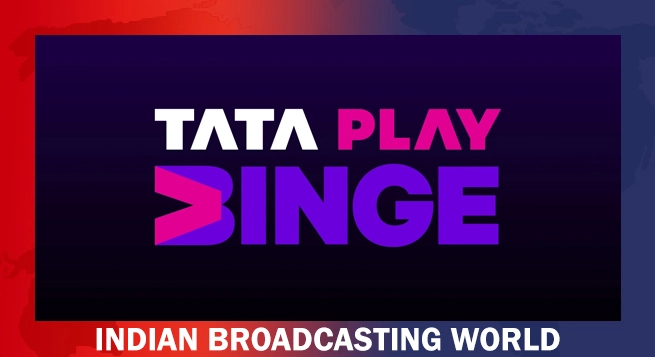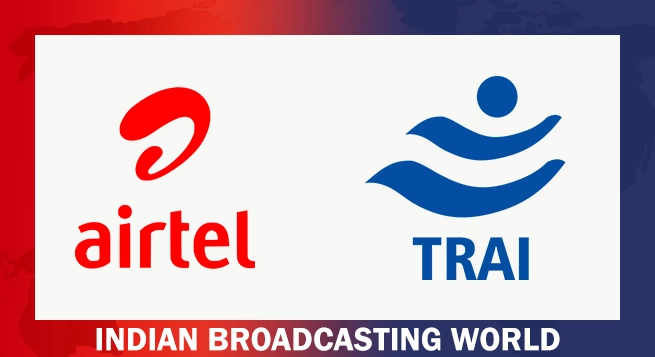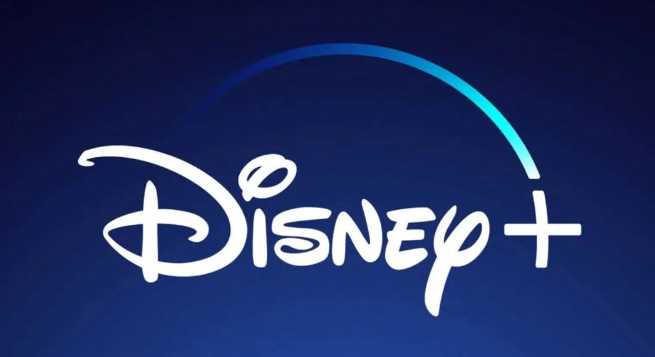The Walt Disney Co. has said that it would on December 8 introduce the much-anticipated ad-supported subscription offering for Disney+ in the US, ‘delivering more choice to consumers than ever before’.
A CNBC report indicated that despite all scepticism about streaming services globally, earlier in the week Disney+ total subscriptions rose to 152.1 million during the third quarter of its fiscal year, higher than the 147 million analysts had forecast.
The Disney statement that announced the ad-supported service for Disney+ in the US later in the year, however, didn’t outline when such a model would be rolled in other parts of the globe. In India, the Disney+Hotstar streaming service is the leader of the pack amongst OTT platforms with other global players like Netflix, Amazon Prime Video, and even SonyLIV, still having a fair ground to catch up in terms of subscribers.
With the ad-supported service launch, a new and comprehensive slate of subscription plans will be made available across Disney+, Hulu, ESPN+, and the Disney Bundle, giving viewers ultimate flexibility in choosing an option that suits their needs, the statement pointed out.
“With our new ad-supported Disney+ offering and an expanded lineup of plans across our entire streaming portfolio, we will be providing greater consumer choice at a variety of price points to cater to the diverse needs of our viewers and appeal to an even broader audience,” said Kareem Daniel, Chairman, Disney Media & Entertainment Distribution.
“Disney+, Hulu, and ESPN+ feature unparalleled content and viewing experiences and offer the best value in streaming today, with over 100,000 movie titles, TV episodes, original shows, sports, and live events collectively,” Daniel added.
Though, according to CNBC, during the third quarter Disney+, Hulu and ESPN+ combined to lose $1.1 billion, reflecting the higher cost of content on the services, while ARPU for Disney+ also decreased by five percent, overall, Disney posted better-than-expected earnings on both the top and bottom line, bolstered by increased spending at its domestic theme parks.
 TRAI revamps website to connect with wider audience
TRAI revamps website to connect with wider audience  Prime Video to limit in India number of TV sets having access per subscription
Prime Video to limit in India number of TV sets having access per subscription  Delhi HC orders meta to remove deepfake videos of Rajat Sharma
Delhi HC orders meta to remove deepfake videos of Rajat Sharma  Govt. blocked 18 OTT platforms for obscene content in 2024
Govt. blocked 18 OTT platforms for obscene content in 2024  Broadcasting industry resists inclusion under Telecom Act
Broadcasting industry resists inclusion under Telecom Act  DTH viewing going down & a hybrid ecosystem evolving: Dish TV CEO
DTH viewing going down & a hybrid ecosystem evolving: Dish TV CEO  Tata Play Binge brings Christmas movie lineup
Tata Play Binge brings Christmas movie lineup  ITG elevates Siddharth Zarabi to BT multiverse Editor
ITG elevates Siddharth Zarabi to BT multiverse Editor  Airtel leads subscriber growth with 1.93mn additions in October
Airtel leads subscriber growth with 1.93mn additions in October  ‘Border 2’ begins filming
‘Border 2’ begins filming  Asianet announces festive programming for Christmas 2024
Asianet announces festive programming for Christmas 2024 








